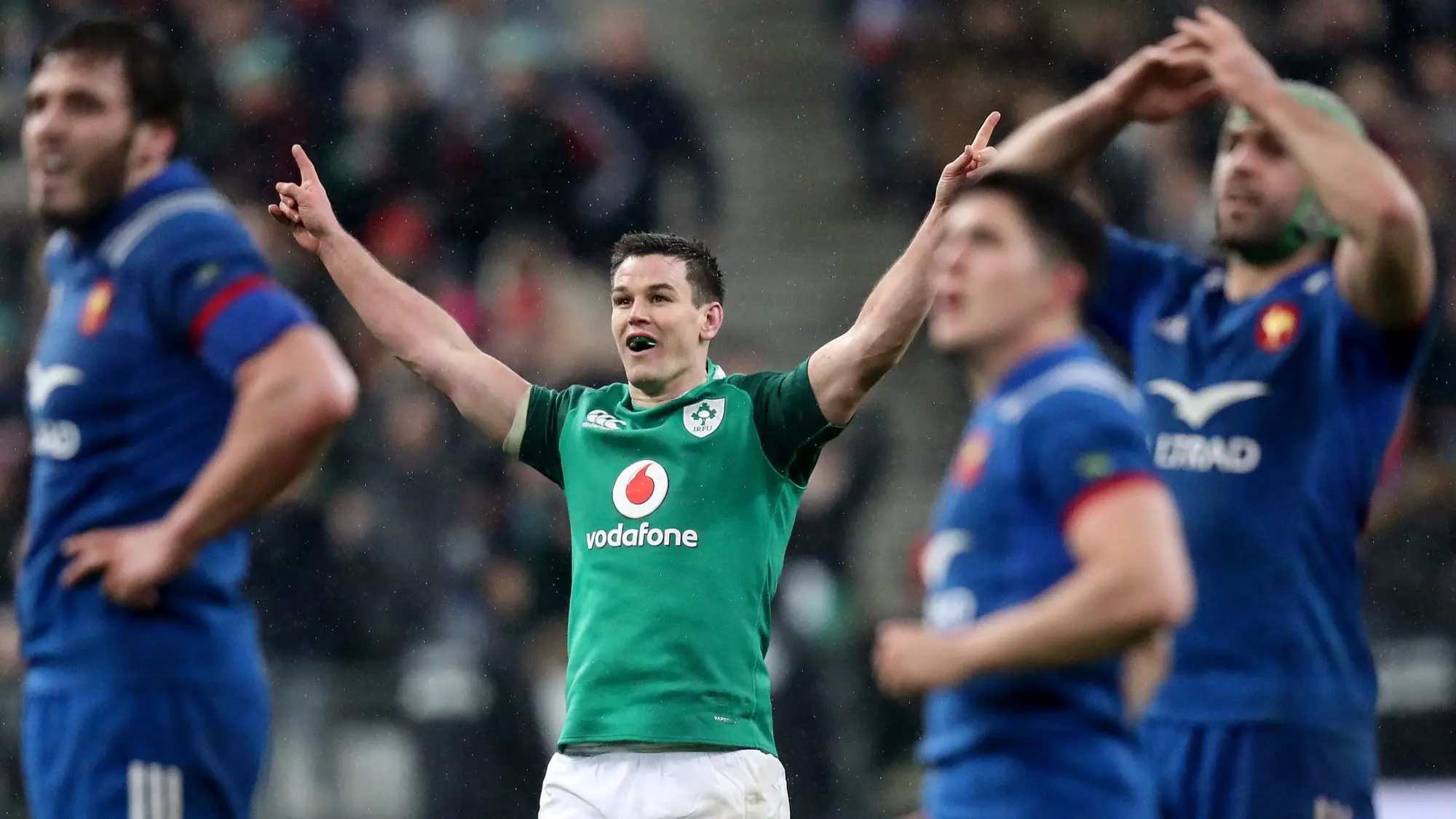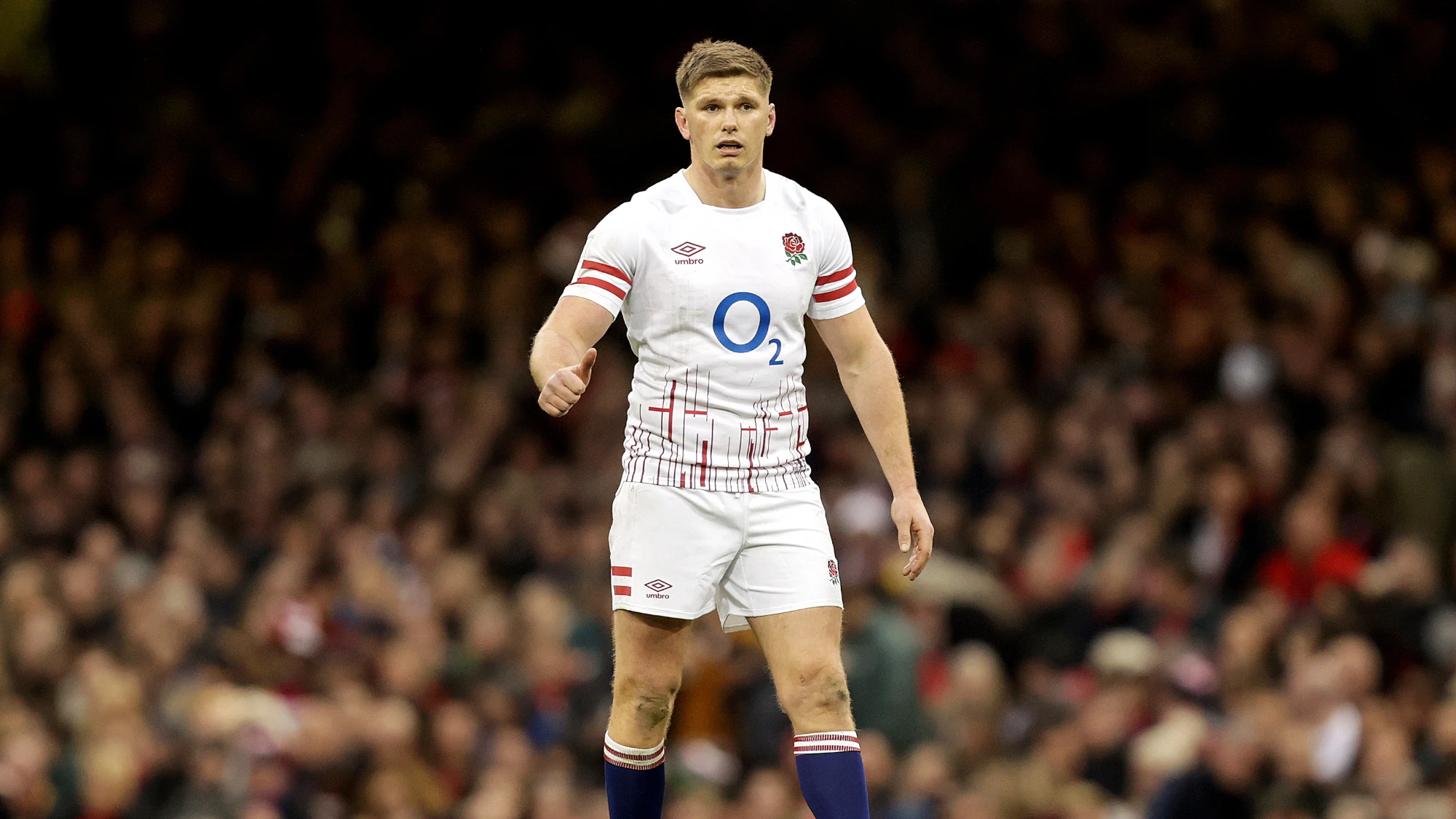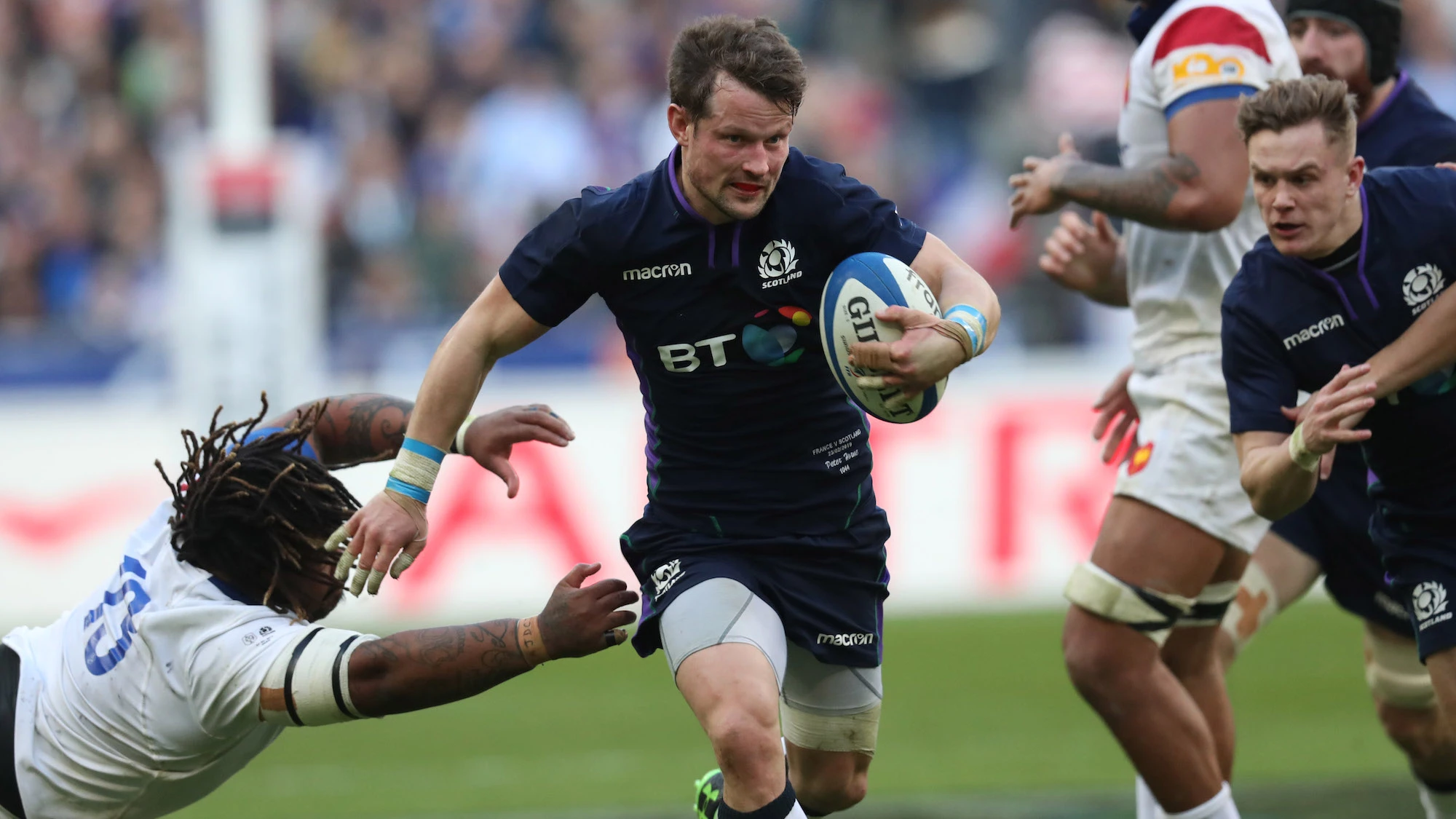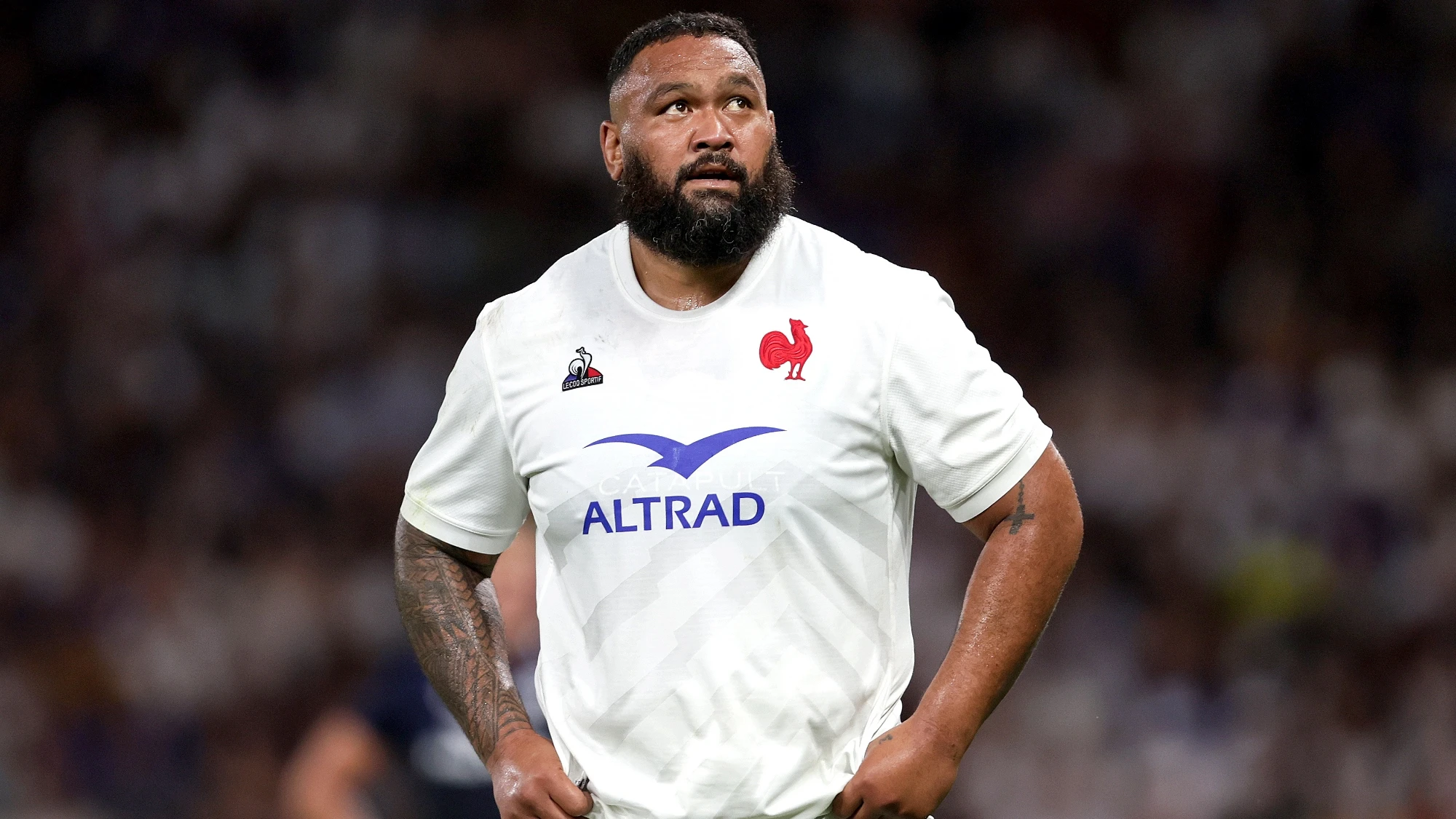It is almost nine months since Wales and Italy walked out in Cardiff to kick-off the 2020 Guinness Six Nations. What has followed is one of the most dramatic Championships to date.
Thrilling matches, awesome tries, the reawakening of France and a global pandemic will ensure this Championship lives long in the memory.
England remain marginal favourites to become champions for the third time under Eddie Jones and will be confident of completing a job well done against Italy in Rome.
Ireland, France and Scotland all have title aspirations of their own and the two former sides meet in Paris in the final match to thrash it out.
The permutations get a little dizzying but Ireland know they need to win both of their remaining games with bonus points to guarantee the title, while France and Scotland lie in wait if either Ireland or England slip up.
It’s shaping up to be an exciting conclusion. But how did we end up here?
The first Guinness Six Nations after a World Cup always generates a fresh feeling, the beginning of another cycle as teams re-shape and re-calibrate.
Wales and Italy both appointed new head coaches but it was Wayne Pivac who was left smiling at the end of his battle with Franco Smith in Cardiff.
Wales were outstanding in the opening game of the Championship, running in five tries and shutting Italy out in a 42-0 triumph.
Josh Adams’ star continued to burn bright as he bagged an opening-day hat-trick, while shiny new centre Nick Tompkins made an immediate impression and scored a try of his own.
There was also a score for George North, who started in the unconventional position of outside centre before switching back to the more familiar wing.
If it was a one-sided affair in Cardiff, it was anything but in Dublin as Ireland – under the direction of new head coach Andy Farrell for the first time – hosted Scotland.
Johnny Sexton, given the captaincy after Rory Best’s retirement, took just ten minutes to score a try for the hosts but Scotland were excellent – until it came to actually crossing the try-line.
Too often they worked themselves into scoring positions inside the Ireland 22 and coughed the ball up, while Stuart Hogg’s spill over the try-line proved costly.
Ireland, with Sexton as accurate as ever off the tee, edged to a 19-12 win.
A day later, France and England renewed their historic rivalry in Paris and Les Bleus – seeking a first Championship title in a decade – were the story of the weekend.
Under the tutelage of new coach Fabien Galthie, they were flew out of the blocks and had two tries in the first 20 minutes through Vincent Rattez and captain Charles Ollivon.
Ollivon would go and score a second after the break and, although Jonny May crossed for two tries of his own to set up a thrilling finale, the hosts held on for a deserved victory.
Round 2 followed hot on the heels of the first weekend and started in Dublin, with a meeting between the two previous champions.
Wales huffed and puffed at a windy Aviva Stadium but Ireland had too much grunt in the end, with tries from Jordan Larmour, Tadhg Furlong, Josh van der Flier and Andrew Conway inspiring them to a 24-14 win.
Later that afternoon came one of the biggest matches of any Championship: the Calcutta Cup clash between Scotland and England.
Gregor Townsend’s men brilliantly recovered from a 31-7 deficit to draw 38-38 at Twickenham in 2019, retaining the Cup they won at BT Murrayfield the previous year.
But in appalling conditions, with wind and rain unrelenting, England just had enough as replacement prop Ellis Genge crashed his way over for the only try in a 13-6 win.
On Sunday, France capped off the first fortnight of action with a 35-22 victory against Italy with another performance full of individual brilliance.
Teddy Thomas, Ollivon, Gregory Alldritt, Romain Ntamack and Baptiste Serin all crossed for Les Bleus, while the Azzurri had flashes of brilliance and scored three tries of their own.
It meant France and Ireland topped the table with two wins apiece, with England and Wales just behind them and Scotland and Italy waiting to get off the mark.
It had been a tough start to the Championship for new Scotland captain Stuart Hogg but, to borrow a famous saying, if form is temporary then class is permanent.
Hogg shut the critics up emphatically with a sensational try in Scotland’s 17-0 win in Rome, picking the ball up on half-way and waltzing down the right-hand side in a way only he can do.
Chris Harris and Adam Hastings also scored tries in a win that reinvigorated Scotland’s Championship campaign.
But the day belonged to another away team, with France delivering one of their best Guinness Six Nations performances in years at Principality Stadium.
Cardiff has been an unhappy hunting ground for France since they last won the title in 2010, losing on their last four visits.
However, inspired by half-back pairing Antoine Dupont and Romain Ntamack, they had too much for Wales and ran out 27-23 winners.
Anthony Bouthier and Paul Willemse scored first-half tries for Les Bleus but Dan Biggar’s right boot and Dillon Lewis’ try kept Wales in it.
However, Ntamack picked off a Nick Tompkins pass and sprinted clear to score under the posts for a score that sealed victory.
A day later, there was another heavyweight clash in London as England returned to Twickenham for the first time this year and overwhelmed Ireland.
George Ford and Elliot Daly scored tries within the first 25 minutes as the hosts played with a frenetic intensity that Ireland could not match.
Luke Cowan-Dickie added a third try in the second half as England won 24-12 and gave home captain Owen Farrell the bragging rights over his dad, Andy – the Ireland head coach.
Round 4 began where Round 3 left off, with England in superb form at Twickenham.
Wales were the visitors in what proved to be an all-time classic which the hosts edged 33-30, thanks to tries from Anthony Watson, Elliot Daly and Manu Tuilagi.
Wales roared back in the second half and constructed one of the best tries of the Championship straight from the kick-off which was finished by Justin Tipuric.
Inch-by-inch, the visitors clawed their way back into the game and reduced the gap to three points – but the clock just beat them.
At BT Murrayfield the next day, Scotland blew the Championship wide open with a commanding 28-17 win against Grand Slam-chasing France.
Damian Penaud’s try had put Les Bleus ahead but Mohamed Haouas’ red card shortly before half-time changed the game and Sean Maitland crossed twice for a rampant Scotland.
By that stage, Ireland’s match with Italy had already been postponed and all of Round 5’s fixtures soon followed.
Now it’s time to finish what we started – and it’s going to be a thrilling conclusion.



